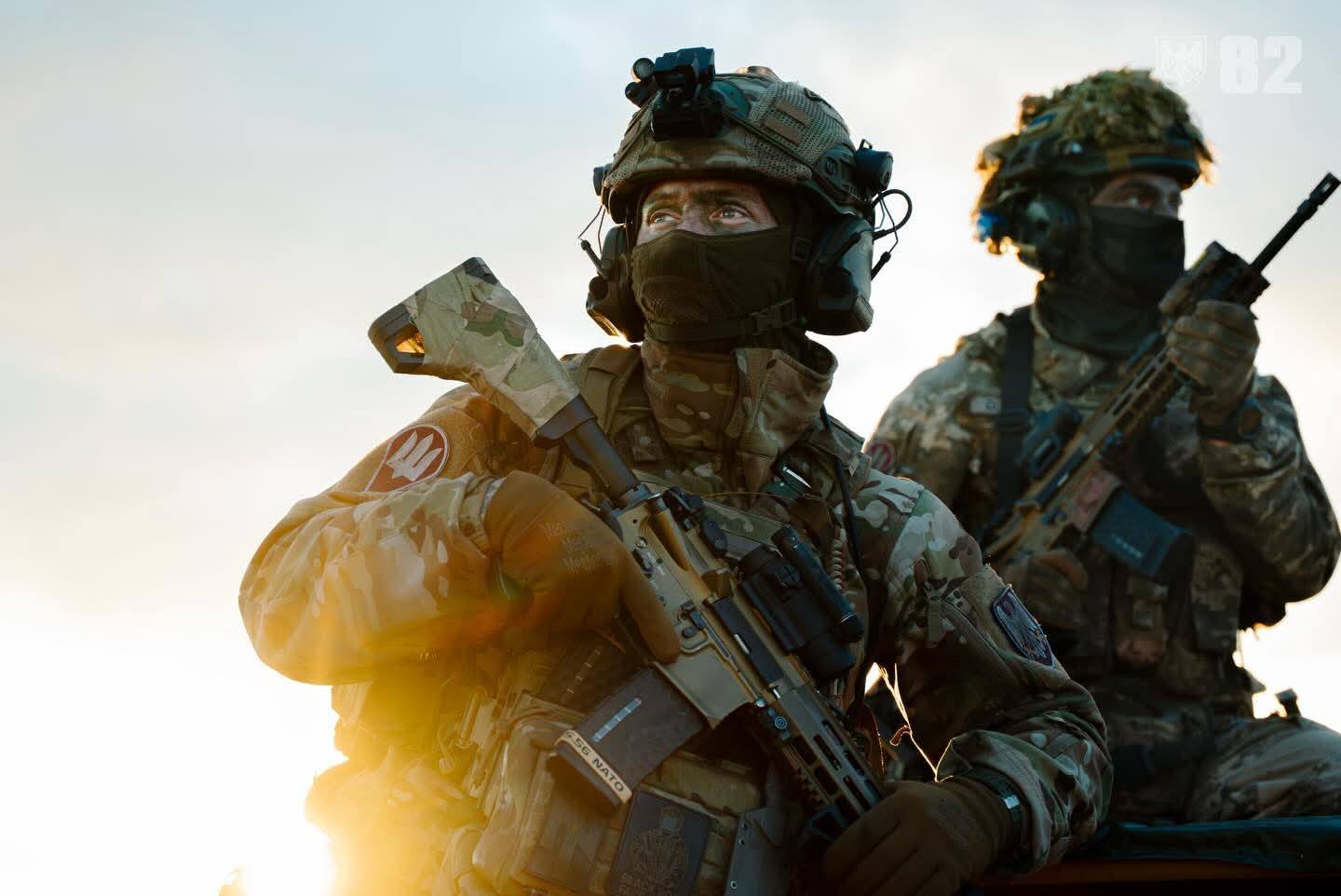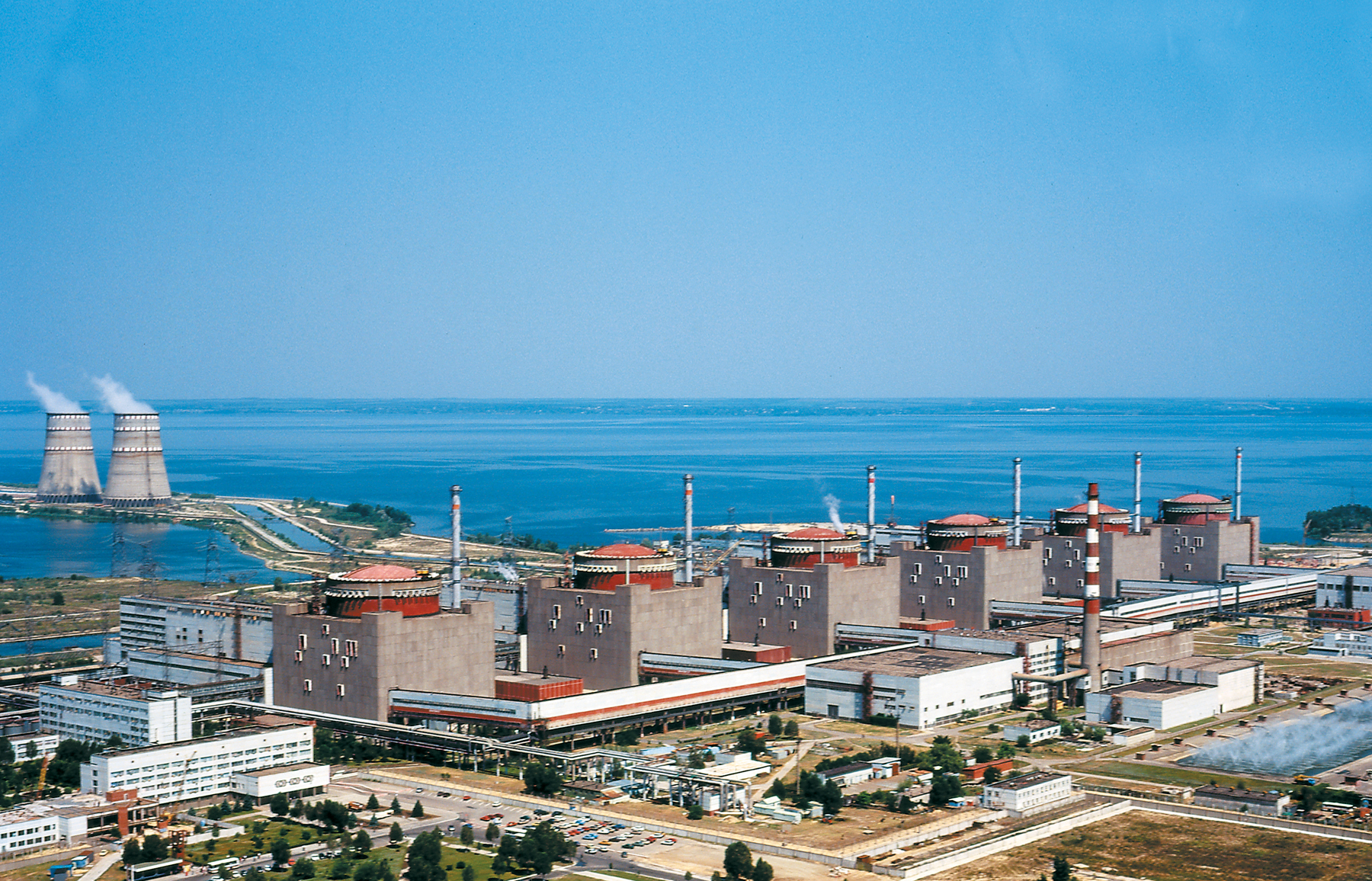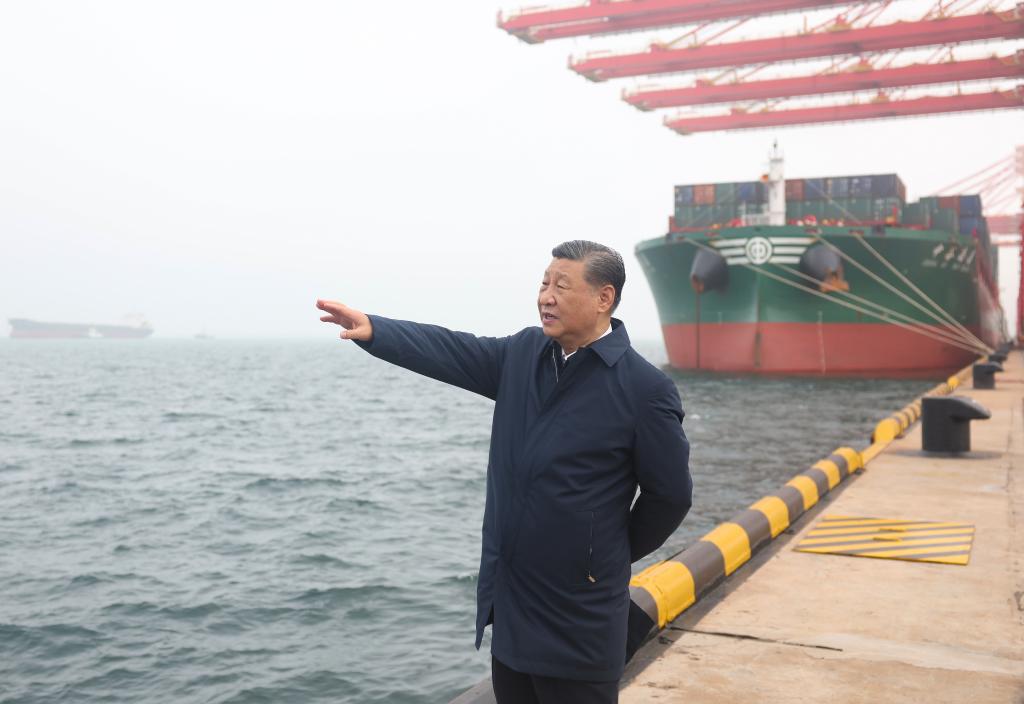MARATHON KOSOVO TALKS IN MOSCOW.
MARATHON KOSOVO TALKS IN MOSCOW.
Envoys from Russia, the United States and the European Union (EU) held crucial consultations in Moscow yesterday and today aimed at promoting a political settlement of the Kosovo crisis. The talks went late into yesterday evening and resumed today. Today’s session was expected to be brief, but continued late into the day.
The negotiations are led by Russian special Balkans envoy Viktor Chernomyrdin, U.S. Deputy Secretary of State Strobe Talbott and EU envoy (and Finnish president) Martti Ahtisaari. If Chernomyrdin and Talbott were able to resolve long-standing differences between NATO and Russia, then Ahtisaari was expected to accompany Chernomyrdin on a visit to Belgrade today. If the talks ended inconclusively, Chernomyrdin reportedly planned nevertheless to head off on his own for a meeting with Yugoslav President Slobodan Milosevic. The effect of Milosevic’s indictment (see above) on these plans is unclear.
Yesterday’s talks were attended for the first time by both Russian and U.S. military experts. On the Russian side, those experts included Lieutenant General Viktor Zavarzin, the Russian envoy to NATO who was recalled from Brussels at the start of NATO’s air campaign against Yugoslavia. Yesterday’s meeting in Moscow marked the third time in the last ten days that Chernomyrdin, Ahtisaari and Talbott have convened for talks.
The participants of yesterday’s negotiations provided little information to the public as to the substance of their talks. In remarks made prior to the actual start of those talks, however, it appeared that differences between Russia and the West regarding the terms of a Kosovo peace settlement had–if anything–sharpened. On the NATO side, the apparent determination to adhere strictly to principles enunciated at the start of hostilities in the Balkans appeared to be related to growing confidence among the allies that the air campaign against Yugoslavia is at last having a real impact. NATO spokesmen suggested yesterday that the day’s strikes had been especially successful, particularly their targeting of Serb military and police forces in Kosovo.
Prior to yesterday’s talks, Russia’s own representatives, meanwhile, appeared to reassert their contrary positions on some of these same issues. Chernomyrdin reiterated Moscow’s insistence that the peace process could go forward only if NATO immediately stopped its air campaign against Yugoslavia. He also warned that NATO’s escalation of attacks on Yugoslavia could wreck the current peace negotiations. In an op-ed piece published in today’s “Washington Post,” Chernomyrdin said, “It is impossible to talk peace with bombs falling. This is clear now. So I deem it necessary to say that, unless the raids stop soon, I shall advise Russia’s president to suspend Russian participation in the negotiating process, put an end to all military-technological cooperation with the United States and Western Europe, put off the ratification of START II and use Russia’s veto as the United Nations debates a resolution on Yugoslavia. On this, we shall find understanding from great powers such as China and India. Of this, I am sure” (International Herald Tribune, May 27; Western and Russian agencies, May 26-27; Washington Post, May 27).
KEY CABINET POSITIONS REMAIN IN LIMBO…


